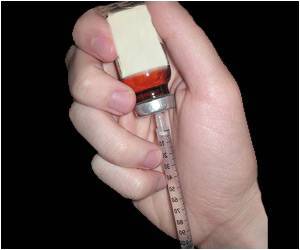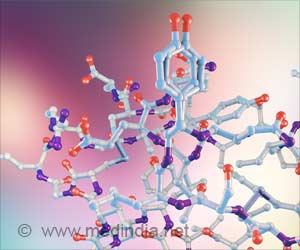A new antibiotic has passed a key phase in a test of drugs aimed at shortening the time to cure tuberculosis, offering a potential boon in the fight against TB, according to a study.
A new antibiotic has passed a key phase in a test of drugs aimed at shortening the time to cure tuberculosis, offering a potential boon in the fight against TB, according to a study reported in The Lancet on Saturday.
The standard treatment for TB is a course of drugs that takes up to six months, a time that is so long that many patients, believing they are cured because they no longer feel symptoms of the disease, abandon the therapy.As a result, they may not have been completely cleared of the germ that causes TB, and this enables the microbe to mutate into a drug-resistant form or be passed on to other individuals.
In the quest for a fast-track cure, doctors tested a new antibiotic called moxifloxacin in conjunction with the standard medications among a group of 170 patients in Brazil.
Among those who had moxifloxacin added to their regime, 80 percent tested negative for the TB bacterium in their sputum by the end of the eighth week. In the non-moxifloxacin group, the success rate was only 63 percent.
The trial was a so-called Phase II study in the long and demanding three-phase process of testing new drugs for safety and effectiveness.
In 2007, 9.27 million people contracted TB, an increase of about 30,000 over the previous year mainly in line with population growth, according to the World Health Organisation.
Advertisement
Source-AFP
SRM














